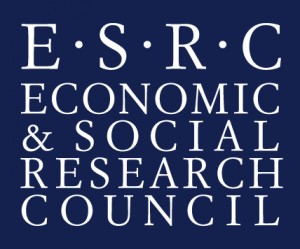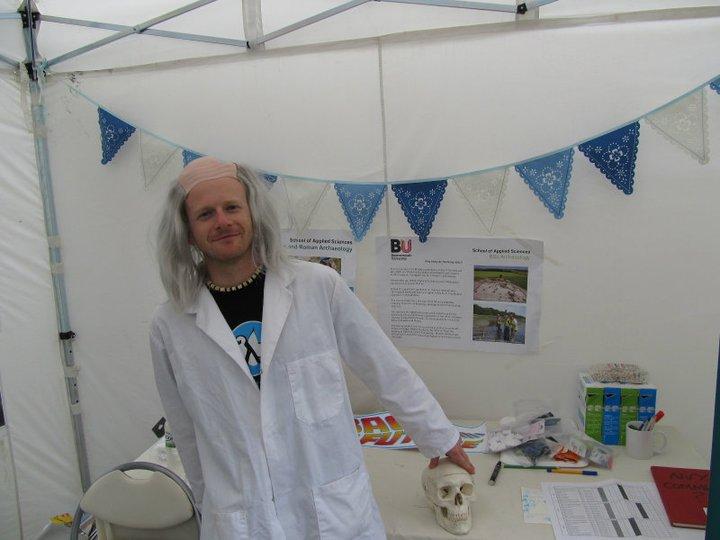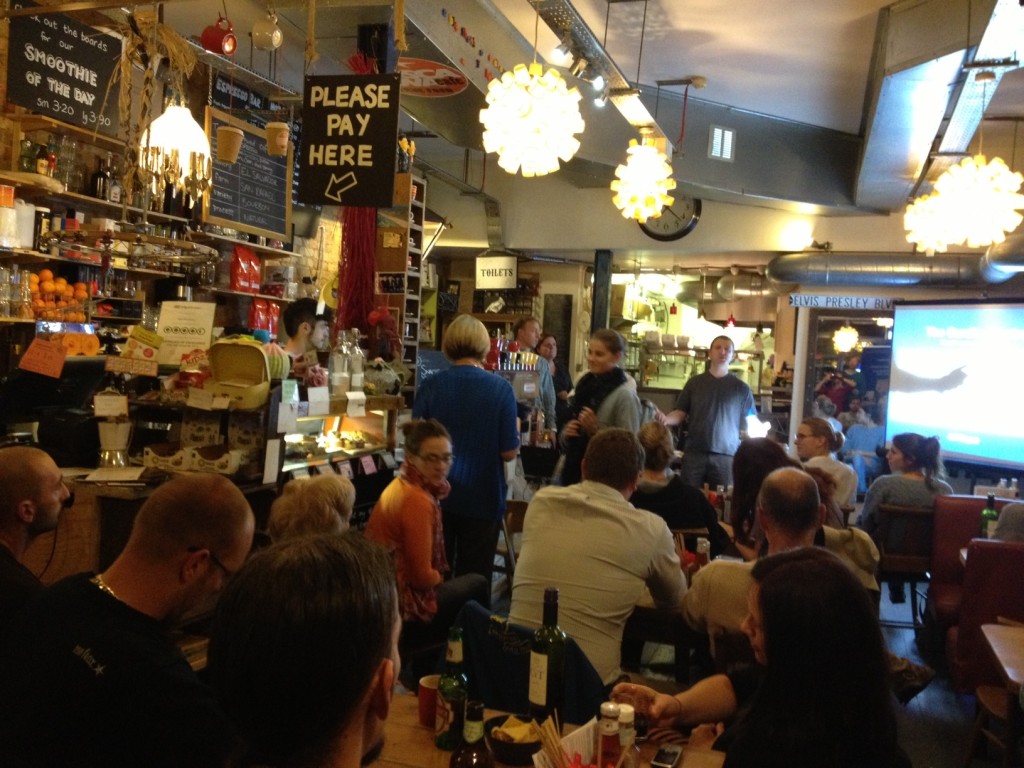 December was unusually busy and January has also seen a great deal of activity around bids being submitted and awarded, with Schools winning consultancy contracts, research grants and organising Short Courses and Master Classes. For DEC, congratulations are due to Chris Benjamin for his consultancy contract with TMSS, to Jonathan Cobb, Zulfiqar Khan, Reza Sahandi and Ian Swain respectively for securing match-funding for studentships and good luck to Siamak Noroozi and David Newell with their forthcoming short courses.
December was unusually busy and January has also seen a great deal of activity around bids being submitted and awarded, with Schools winning consultancy contracts, research grants and organising Short Courses and Master Classes. For DEC, congratulations are due to Chris Benjamin for his consultancy contract with TMSS, to Jonathan Cobb, Zulfiqar Khan, Reza Sahandi and Ian Swain respectively for securing match-funding for studentships and good luck to Siamak Noroozi and David Newell with their forthcoming short courses.
For HSC congratulations are due to Caroline Ellis-Hill for her award from the NIHR, to Jonathan Parker for winning both an award and a consultancy contract, to Anthea Innes for her consultancy contract with ECE Architecture, to Peter Thomas for his two consultancy contracts, and good luck to Sarah Cheesman with her short courses and also to Sue Way, Denyse King, and Alison Taylor with theirs.
Congratulations to the MS for Jian Zhang’s award for Intuitive Motion Data Retrieval and Synthesis, to Stuart Allan’s for his Gambrinus Fellowship, to Melanie Gray and Mike Molesworth for their consultancy contracts with Revelation Marketing, to Stephanie Farmer for her consultancy contracts, with Micronav and YYS International, and good luck to David McQueen with his short course on Media policy post-Leveson.
For ST congratulations go to Heather Hartwell for securing match-funding for a studentship, to Adam Blake for his contract for a collaborative project with Price Waterhouse Cooper for delivery to HMRC and good luck to Richard Gordon with his forthcoming short courses, including training diplomatic staff.
For ApSci, congratulations are due to Emma Jenkins for her Early Career Researcher award from the AHRC, to Andrew Ford who, in addition to winning two NERC awards, has also secured consultancy contracts with Anesco and the Intellectual Property Office, to Genoveva Esteban for her KTP with Sembcorp Bournemouth Water Ltd, to Dave Parham for his consultancy contract, to Laura Basell and Tim Darvill for their awards from English Heritage, and to Richard Stillman, who has won had an award from Natural England, and secured contracts with DEFRA and the Marine Management Organisation.
 For applications and bids submitted, good luck to George Filis in the BS, who has submitted an application to the European Commission for a Marie Curie IAPP, and Dinusha Medis’ for an application to the Intellectual Property Office to investigate 3D Printing and IP Implications for SMEs, and to Heather Hartwell of ST for her application to the European Commission for a Marie Curie IAPP award, to Lisa Stuchberry for her two contracts with Bournemouth Borough Council, and with Bangor University, Bournemouth and Pool College and Weymouth and Portland Borough Council, to Heather Hartwell for her British Academy application, to Keith Hayman for his tender, and to Jon Hibbert with his Bournemouth Borough Council contract.
For applications and bids submitted, good luck to George Filis in the BS, who has submitted an application to the European Commission for a Marie Curie IAPP, and Dinusha Medis’ for an application to the Intellectual Property Office to investigate 3D Printing and IP Implications for SMEs, and to Heather Hartwell of ST for her application to the European Commission for a Marie Curie IAPP award, to Lisa Stuchberry for her two contracts with Bournemouth Borough Council, and with Bangor University, Bournemouth and Pool College and Weymouth and Portland Borough Council, to Heather Hartwell for her British Academy application, to Keith Hayman for his tender, and to Jon Hibbert with his Bournemouth Borough Council contract.
Good luck to Abdelhamid Bouchachia (DEC) for his application to the European Commission for an award to investigate Cognitive Robot Companion for Dynamic Learning, and to Tian Feng, Hongnian Yu and Keith Phalp who are also applying to the European Commission, to Zulfiquar Khan for his application to the World Bank and his forthcoming conference on Advances in Engineering Design and their Industrial Applications, to Sarah Williams for her application to the Health Foundation, to Andrew Mayers with his application to the Department for Education, and to Jacqui Taylor for her HEA application.
In HSC, good luck goes to Keith Brown who is applying for three separate KTPs, and also contract for research with Somerset County Council, to Caroline Ellis-Hill for her application to The stroke Academy, to Anthea Innes, who has submitted an application to the European Commission, another to the MRC and a consultancy contract with Guild Care, to Peter Thomas who has submitted an application to NIHR, to Edwin Van Teijlingen for his application, to Sarah Hean for her contract with the Health Foundation, to Association for Medical Education in Europe, to Lee-Ann Fenge-Davies for her HEA application and to Clare Cutler’s contract with the Alzheimer’s Society.
Good luck is due to Jian Zhang (MS) who has submitted two European Commission applications, to Heather Savigny with her AHRC application, Lihua You who has an application in to the Royal Academy of Engineering, Dean Wright with his consultancy contract with the iHEED Institute, and to Tom Watson with his application to The Arthur W. Page Center.
Finally good luck in ApSci to Adrian Newton, who has applications submitted to NERC and to the Yayasan Sime Darby Foundation, to Richard Stillman for his application to the Leverhulme and to Daniel Franklin for his NERC application and Mark Maltby for his AHRC application, to Rob Britton for his application to the The Fisheries Society Of The British Isles, to Tim Darvill with his English Heritage contract, to Bronwen Russell with her consultancy contract with Waddeton Park Ltd, and good luck to David Ossleton with his series of short courses for Forensic Lawyers.
Best wishes
Matthew


























 SPROUT: From Sustainable Research to Sustainable Research Lives
SPROUT: From Sustainable Research to Sustainable Research Lives BRIAN upgrade and new look
BRIAN upgrade and new look Seeing the fruits of your labour in Bangladesh
Seeing the fruits of your labour in Bangladesh Exploring Embodied Research: Body Map Storytelling Workshop & Research Seminar
Exploring Embodied Research: Body Map Storytelling Workshop & Research Seminar Marking a Milestone: The Swash Channel Wreck Book Launch
Marking a Milestone: The Swash Channel Wreck Book Launch ECR Funding Open Call: Research Culture & Community Grant – Application Deadline Friday 12 December
ECR Funding Open Call: Research Culture & Community Grant – Application Deadline Friday 12 December MSCA Postdoctoral Fellowships 2025 Call
MSCA Postdoctoral Fellowships 2025 Call ERC Advanced Grant 2025 Webinar
ERC Advanced Grant 2025 Webinar Update on UKRO services
Update on UKRO services European research project exploring use of ‘virtual twins’ to better manage metabolic associated fatty liver disease
European research project exploring use of ‘virtual twins’ to better manage metabolic associated fatty liver disease